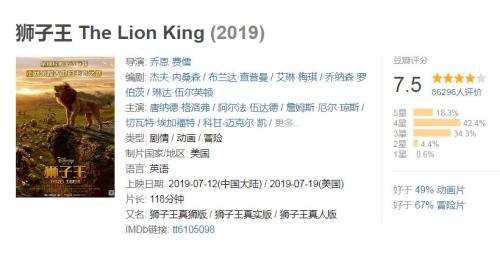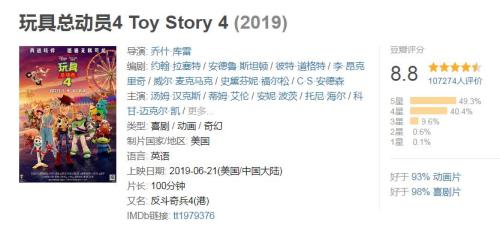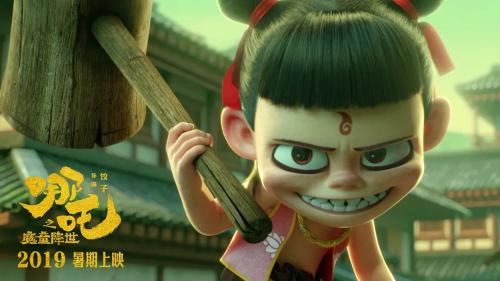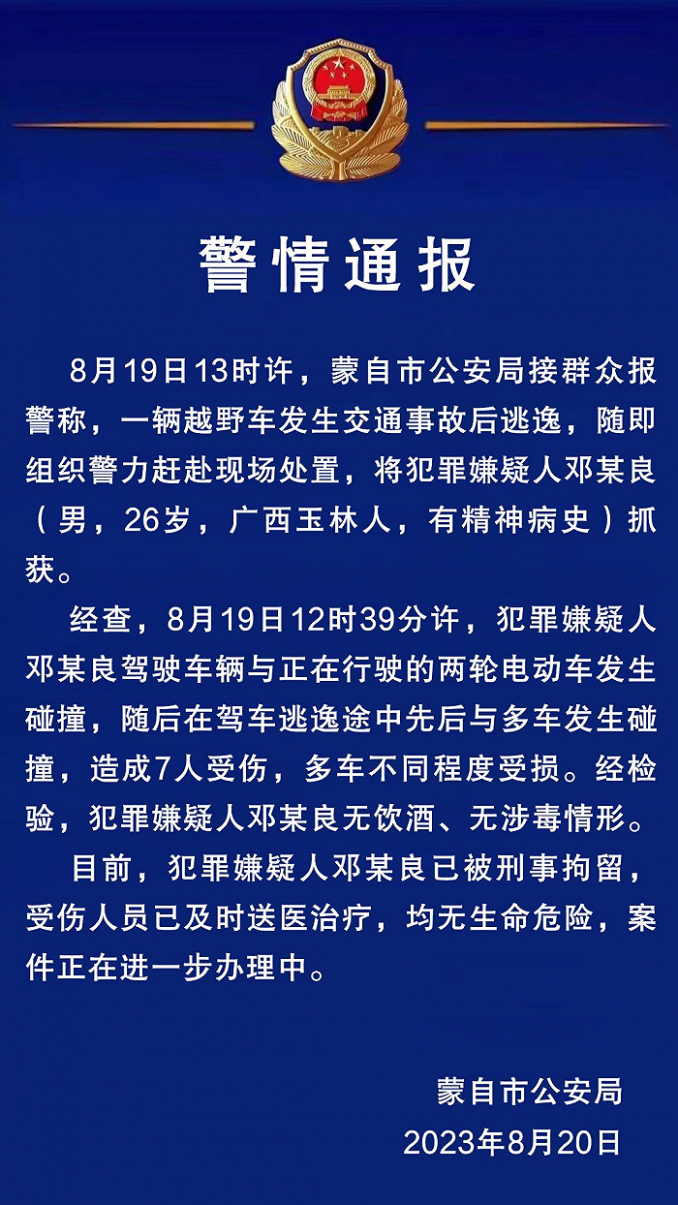Wen Jie Xin M7 belt explodes Cyrus.
Zebra consumption model construction
Huawei’s energy is once again reflected in the new M7 and Cyrus.
After the 11-day holiday, the stock price of Celeste has been trading daily for two consecutive trading days, and its market value has once again stood at 100 billion.
At present, the question before Cyrus is, how to maintain stable sales after the release of the new M7? In the longer term, it is the overall profitability of the company.

Old bottle and new wine
Since the beginning of this year, due to the continuous sluggish sales of the series of cars in the world, the share price of Sailis (601127.SH) has generally fallen sharply, and once fell to a low of 24.75 yuan on June 8. After that, it briefly bottomed out and then continued to fall sharply.
Until September 12th, the new M7 series in the world was officially listed, which finally added a fire to Celeste. On September 14th and 18th, the company’s share price successively won two daily limit boards. And on September 28, the last trading day before the 11 th holiday, another daily limit was used to close the first three quarters.
The new M7 is really attractive to users in terms of both product and price. On the basis of the original 6-seat version, it adds 5-seat versions, giving users more choices.
Huawei said that it has invested 500 million yuan for the new M7, and has upgraded its safety, intelligence and battery life. The functions of seat ventilation, heating, etc., which were only available on the old M7 models, have become standard in all new models.
Information from all sides shows that the new M7 is sincere to users.
More importantly, while upgrading the product and configuration, the price is cheaper than the old one. There are five configurations of the new M7 in Wenjie, with a guide price of 249,800-329,800 yuan. The starting price is lowered by 40,000 yuan compared with the old M7, and with the limited time discount of 6,000 yuan, the entry threshold becomes lower.
Then, at a time when new energy automobile products are constantly innovating and choosing more diversification, will users pay for the new M7?
As soon as the 11-day holiday was closed, Yu Chengdong, Huawei’s managing director, terminal BG CEO and chairman of smart car solutions, couldn’t wait to report good news to the outside world: "The new M7 in the world was set to hit a new high of 7,000 units on October 6; It has only been listed for 25 days, and the cumulative number has exceeded 50,000 units. "
Stimulated by this, after the holiday, A shares opened for trading, and Cyrus’ share price went up for two consecutive trading days. The company had to make an emergency announcement and give a risk warning.
It is understood that since August 28 this year, Sailis shares have increased by 110.42%. In the same period, Shenwan Automobile Index has increased by 7.28% and Shanghai Composite Index has increased by 0.36%. In fact, the company’s fundamentals have not changed significantly, so there is an obvious risk of overheating market sentiment.
(of a doctor) bring the dying back to life
Asked about the hot sale of the new M7 in the world, Yu Chengdong couldn’t help sighing in his circle of friends that "it’s not easy to come back to life!"
In the past, Xiaokang Co., Ltd. (formerly known as Seles) spent several years developing a new energy vehicle, named SERES Seles. In April 2019, Cyrus made its debut at the Shanghai Auto Show, and many people didn’t know who it was.
The following year, Sellers’ first SUV model SF5 went on the market in mass production, and only 732 vehicles were sold in the whole year.
At this time, Huawei appeared, pointing out a new path for Cyrus to build a car together.
With Huawei’s blessing, it instantly became radiant. In 2022, the product was officially released by AITO, and after deep binding with Huawei, it became the fastest growing brand of new energy vehicles.
At the beginning of the release of AITO, it set a proud record of delivering more than 10,000 vehicles for several months in a row, and delivered 75,000 vehicles in 2022.
However, since the beginning of this year, the glory of the world of inquiry has ceased.
According to the production and sales report disclosed by Sailis, in the first half of this year, the cumulative sales of Sailis Automobile (actually a series of models) was only 25,800. Among them, the sales volume of M7 is extremely bleak. According to the data of car home, the monthly sales volume of M7 has been less than 1,000 vehicles since April this year, and it was as low as 432 vehicles in June this year.
The reasons for asking the world to go away are very complicated. Tesla cut prices at the beginning of the year to compete for the market, which triggered a new wave of price cuts for new energy vehicles, which is one of the important reasons.
In the early days, the HarmonyOS cockpit carried by the asking world really won a wave of goodwill from users. However, with the increase of users and the extension of actual use time, many users find that the product strength of the world is not as strong as expected.
The outside world has always had doubts about who AITO belongs to. At the beginning of March this year, the brand official once changed the "AITO asking the world" in the relevant promotional materials to "HUAWEI asking the world", but it was quickly changed back and slapped itself, which further aggravated users’ doubts.
It is in the context of the continuous collapse of sales volume that the press launched the new M7, hoping to make a turnaround.
Sustained loss
Formerly known as Xiaokang Co., Ltd., Cyrus used to produce mini commercial vehicles and low-end SUVs of Dongfeng Scenery brand, and its main target users were concentrated in low-tier cities.
In the era of traditional fuel vehicles, the company’s business is not sexy, and the market attention is not high, but with its leading position in the segmentation field, the small life is still good.
In 2016, the company launched the first SUV Scenery 580, with sales exceeding 10,000 for five consecutive months. The following year, the total sales volume of the company’s SUV reached 188,600 units, which directly promoted the annual sales volume of the whole vehicle to reach the peak sales volume of 404,200 units.
It was this year that the company’s operating income exceeded 20 billion yuan, and the net profit returned to the mother also achieved the best performance in history of 725 million yuan.
However, Xiaokang shares only caught up with the brilliant last bus of fuel passenger cars. Soon, the growth rate of passenger car market in China declined to negative growth, competition shifted from incremental to stock era, resources were further concentrated in the head car enterprises, and small and medium-sized car enterprises struggled to survive.
Zhang Xinghai, the head of the company, has a forward-looking strategic vision. Under his leadership, Xiaokang invested and established SF MOTORS in the United States as early as the beginning of 2016 to build new energy vehicles.
Helpless, the car was built and could not be sold. Until the emergence of Huawei. In 2021, the company changed its name, demonstrating the determination of strategic transformation.
Cooperating with Huawei to build a car, not only the products sold well, but also the company’s share price soared due to the blessing of Huawei concept. In June last year, it once reached a historical high of 90.50 yuan, and its market value exceeded 100 billion.
With the increase of product sales, the company’s operating income has increased significantly. From 14.30 billion yuan in 2020 to 34.10 billion yuan in 2022, the loss also further increased, from-1.729 billion yuan to-3.832 billion yuan.
In the first half of this year, the company’s growth momentum came to an abrupt end, and its operating income fell by 11.14% year-on-year to 11.03 billion yuan, and it continued to lose 1.344 billion yuan.








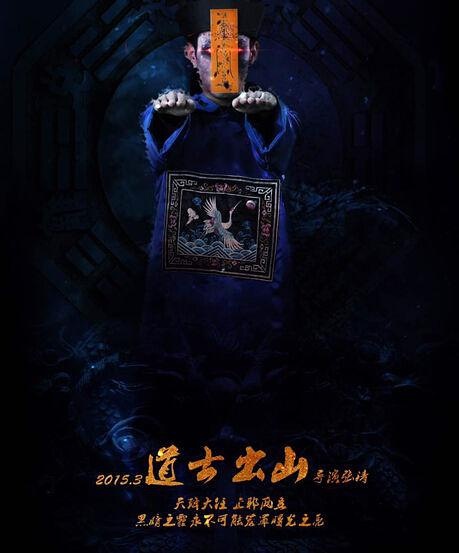

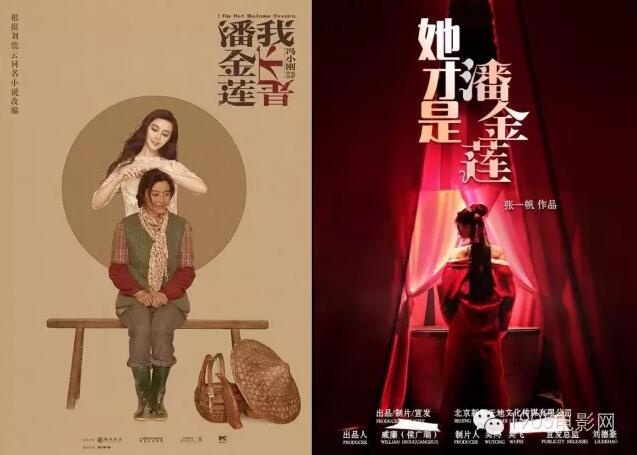



 The body size of the new M7 is 5020mm (length) × 1945mm (width) × 1760mm (height), and the wheelbase is 2820mm. The rim is available in 20-inch and 21-inch specifications, and the body color has added ice crystal silver. In addition, the new car can also be equipped with electric pedals, electric suction doors and luggage racks with built-in network antennas. In terms of storage space, the trunk volume of the five-seat model is 686 liters, which can be expanded to 1619 liters at the maximum, and the trunk length of the six-seat model is increased by 46 mm.
The body size of the new M7 is 5020mm (length) × 1945mm (width) × 1760mm (height), and the wheelbase is 2820mm. The rim is available in 20-inch and 21-inch specifications, and the body color has added ice crystal silver. In addition, the new car can also be equipped with electric pedals, electric suction doors and luggage racks with built-in network antennas. In terms of storage space, the trunk volume of the five-seat model is 686 liters, which can be expanded to 1619 liters at the maximum, and the trunk length of the six-seat model is increased by 46 mm.























